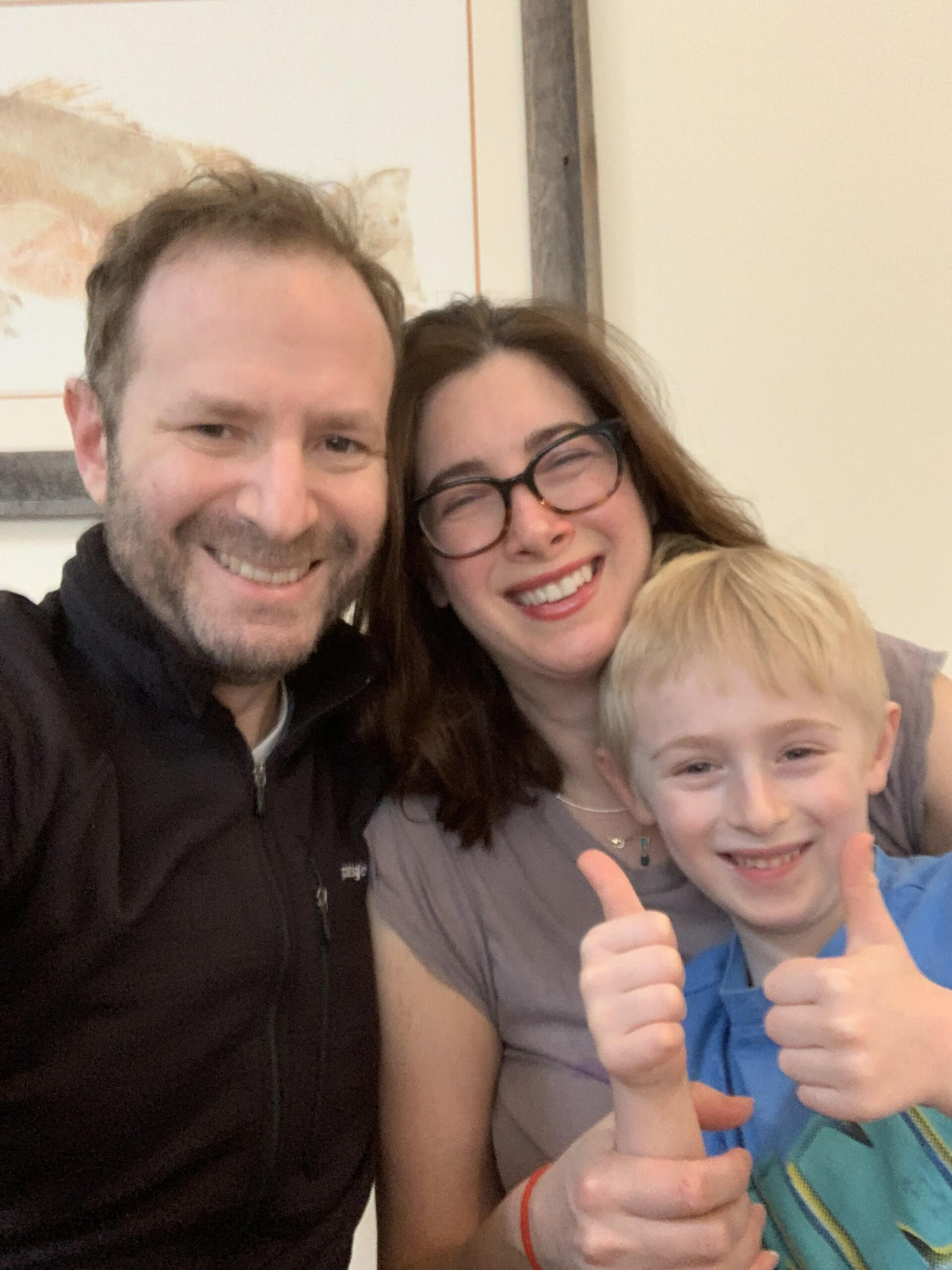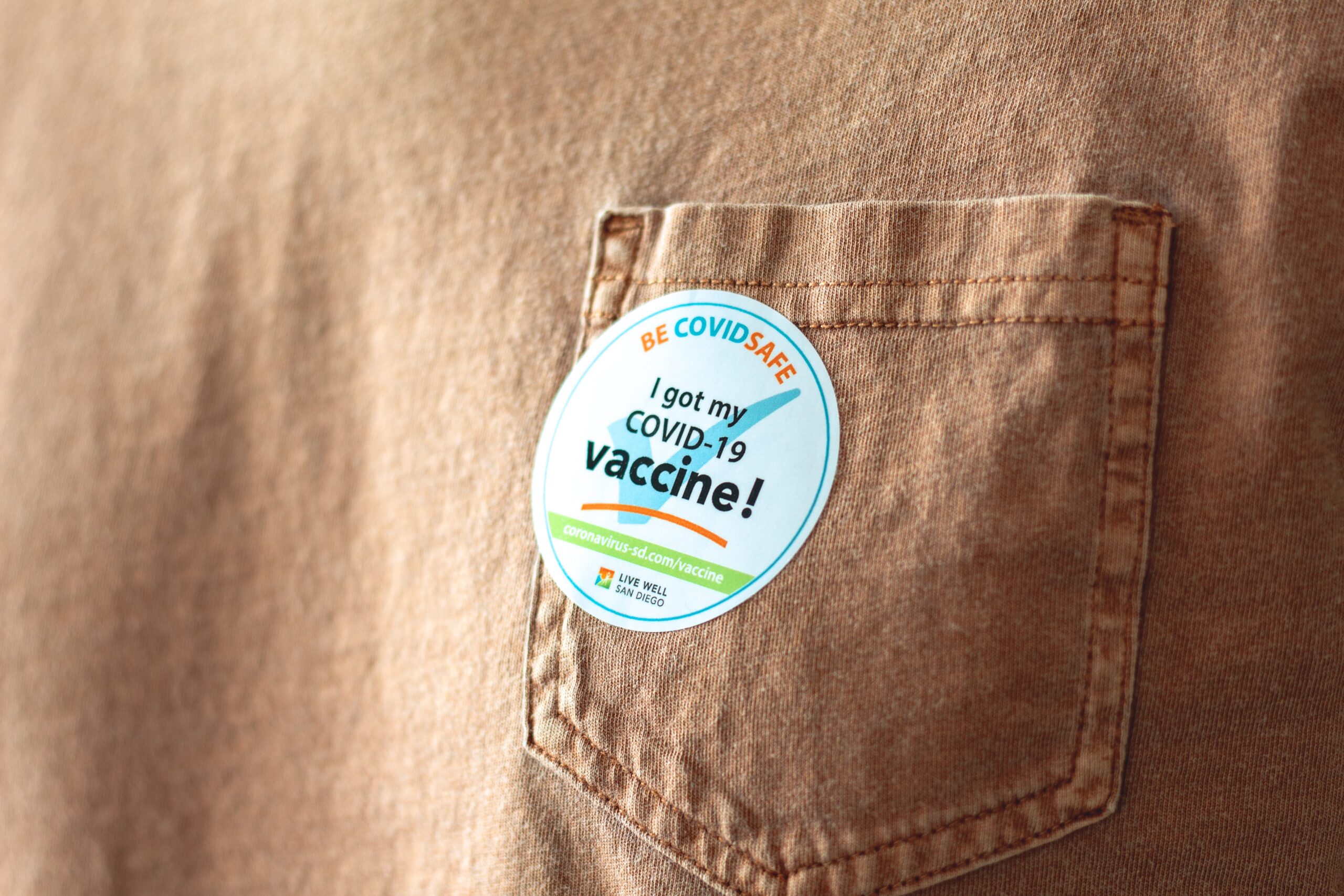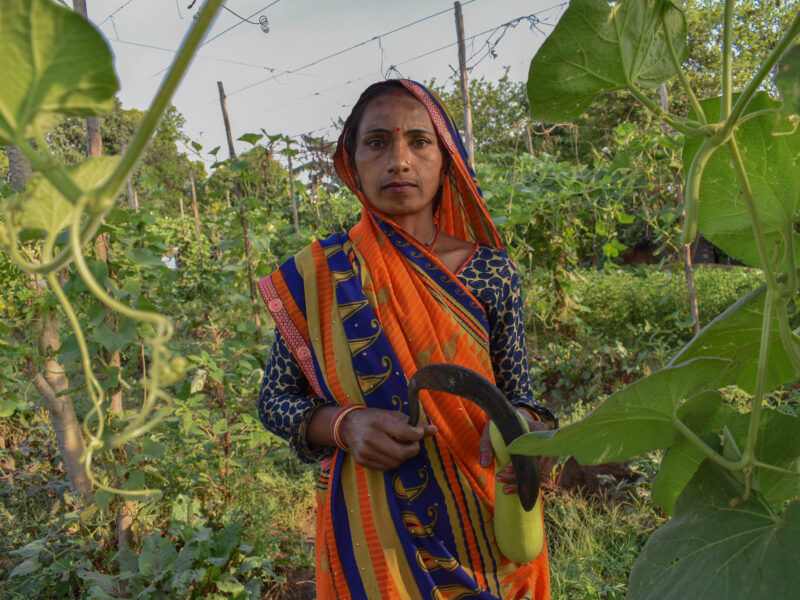In which the writer reflects with guarded optimism on a deeply traumatic year.
April Fools’ Day has always been an idiotic quasi-holiday, offering some people an opportunity to pull pranks and others the chance to observe them–mostly by scrolling through Twitter to see which corporations embarrassed themselves the most with misguided attempts at humor (see: Duolingo’s announcement about a new line of educational toilet paper or Budweiser’s anchovy-pizza seltzer.) But for me, the context and significance of April 1 turned in on itself this year, a house of mirrors. April Fools’ Day is now serious business, a day of joy and gratitude, hope and rebirth.
On April 1, 2020, I drove with my son to the hospital 20 minutes away to retrieve my husband. Josh had been admitted to the ICU two weeks earlier and hooked up to a ventilator before making a miraculous recovery. As AJ and I pulled up into the circular driveway, the entire staff was outside clapping and cheering for Josh, who was being pushed in a wheelchair by a nurse because he could barely walk.
We know a lot about the coronavirus now, but back then, everybody was flying blind. Josh was the first Covid patient at this particular hospital. Misinformation, often coming from the highest levels of our government, was rampant. As Josh got sicker and sicker, the President of the United States was telling the American public to “Just stay calm. It will go away.” By the end of April, he was encouraging people to inject bleach. The pulmonologist thought there was a 70 percent chance Josh wouldn’t make it. Nobody had any idea if he would experience long-term effects following his hospitalization. So far, he hasn’t.
If someone had told me last year that by this time in 2021 Josh and I would be fully vaccinated and starting to plan our reintegration into society, I would have sent you one of those Brady Bunch “Sure, Jan” GIFs. But look at us, two Pfizer vaccine doses in each of our arms, blessed with good health, a network of supportive friends and family and access to my parents’ house outside of New York City. We go on long nature walks and appreciate silence, the beauty of simplicity: a sunset, tall trees, birds chirping, the frenetic energy of our dog when she sees a squirrel. I try to receive every day as a gift, thinking, There but for the grace of God go I and all that (even though I’m an atheist.)
Yet, the week leading up to this moment felt precarious, as if we were being haunted by ghosts, reliving last year’s trauma. Psychologists call this “the anniversary effect,” a phenomenon I first heard about, fittingly, while watching the horror series “Stranger Things” on Netflix. As the one-year anniversary of Josh’s recovery approached, he felt ready to revisit the notes he wrote to himself on his phone when he was in the hospital–before and after he was intubated–and showed them to me for the first time. “Rachel and AJ waving goodbye. Saying they loved me. There were a bunch of other people and vehicles on the street. Escorts?” he wrote on March 20, 2020. I vividly remembered the EMTs that day in their white hazmat gear, carrying Josh out to the ambulance as he gasped for air. The following day, Josh wrote in his notes that he was “doing what needed to be done” to give himself the best chance of seeing us again. When I read that, I felt that muscle memory of the panic, the fight-or-flight mode in which my body existed for that entire two-week period he was away from us, in his own version of the Upside Down. And we’re not out of the woods yet.
I am one of the estimated 2.3 million women who have been pushed out of the workforce as a consequence of the pandemic—possibly permanently, but who the hell knows. That’s not to say I haven’t been working. I’ve just been doing the arduous but unpaid labor of being a housewife—cooking, cleaning, homeschooling—while my husband works full time from a makeshift home office. To be sure, some elements of our new arrangement have been delightful, like having dinner together every night, discovering the joy of cooking and embracing activities like watercolor painting, which I hadn’t done in 20 years. There are sparks of joy in the small quotidian details of our home life. At the same time, I’m acutely aware that the only reason I am able to revel in these precious moments is because I am not constantly worried that one illness will hurl me into bankruptcy.
When Josh got out of the hospital, we received a bill for $208,000, the overwhelming majority of which was covered by his employer-backed healthcare plan. (Allegedly, the federal government would have paid for these expenses if we were uninsured, but I suspect we’d still be locked in an ongoing back-and-forth with the hospital’s billing department, like the woman who was billed $52,000 for an out-of-network emergency helicopter ride.) More alarming still is thinking about the counterfactual universe—the universe where Josh didn’t survive—in which I would have become not just a widow, but an unemployed and uninsured single mother, right at the moment I needed healthcare support the most. All because I do not have a job. Due to circumstances beyond my control. This is unacceptable, denying human dignity to people who can’t work, and of course it has always been unacceptable. The coronavirus, if nothing else, has laid bare the hypocrisy of a nation founded on the principles of “life, liberty and the pursuit of happiness” without considering that healthcare is a prerequisite for any of those things.
There has been so much suffering this past year. 530,000 deaths. 20 million job losses. 8 million Americans sinking into poverty. On the same day Josh got out of the hospital last year, one of my oldest friends said goodbye to her father, who was intubated the day after Josh was. We texted each other back and forth through the horrors of those days. Her father was the first of many people I know who didn’t make it. This anniversary has been very hard for her family.
When people check in to see how we’re doing, I don’t know what to say. I’m fine, mostly. Because of my good fortune, I sometimes don’t feel like I’m entitled to be unhappy. But I also know—thanks to my therapist who is covered by my healthcare plan—that delegitimizing suffering because others have had it worse is not a constructive way to experience the world. I’ve been thinking a lot about the distinction between privilege, which exists in relation to others, and suffering, which feels absolute, solitary, and all-consuming. The only way through it is to feel it.

My seven-year-old son shook me awake early in the morning on April Fools’ Day; I was screaming in my sleep. In my dream, a swarm of live bats were flapping their wings in my face, alighting on my hands. One need not be named Sigmund Freud to decode this obvious Covid anxiety dream, reflecting a truth I’ve learned to appreciate over the course of this pandemic: how deeply interdependent we are, not just with other humans, but with the entire natural world. People, bats, pangolins–all tangled in a web of destiny. If we don’t redouble our efforts to be prepared when the next pandemic inevitably rears its head, “we are finished,” warned Jane Goodall last year, speaking at an online environmental conference. “We can’t go on very much longer like this.”
As the trees begin to bloom, and the birds fly home, I am feeling hints of optimism. We’re alive. We’re vaccinated. We should celebrate. Josh asked me if I wanted to mark our one-year milestone by dining at an actual restaurant for the first time since February 2020. Of course I did. This was a very exciting development. But the joke was on us: It was freezing cold on April 1, too cold to be outside, a symbolic reminder that things are still far from being “normal,” and in fact may never be again.
But that’s OK. Because what we settled for before as “normal” wasn’t nearly good enough.



